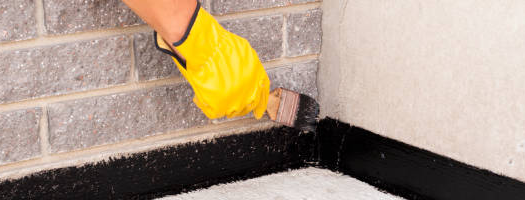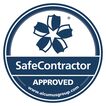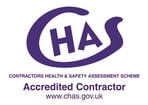Basement Waterproofing
In many parts of the UK, older houses were built with basements which meant they have extra space to use. But more often than not the basements had problems with damp that was dealt with to the best of knowledge at the time but now we have realised the value of extra, habitable space, we have developed much better ways of keeping them dry and warm. Our role as specialists is to waterproof and insulate the areas, to ensure your basement is damp free and useable as your favourite room or office.
What are waterproofing systems?
A lot of people are familiar with some form of a damp issue in their home but usually, these are from things like leaking appliance or condensation. Another common reason is rising damp, which is often caused by the existing damp proof course being broken by poor building practices or the slate or bitumen membrane breaking down.
However, damp in a basement is a completely different type of problem. This is because natural water in the ground is forced through the wall by something called hydrostatic pressure – being underground, the surrounding soil and its moisture is forced through the pores of the structure, into the rooms of the property. If there’s no protection from waterproofing, this water simply gathers in the basement and leads to major damp problems.
How to waterproof a basement
There are some DIY methods available for basement waterproofing but if you want the job done properly, you need to have an expert, specialist company to take on the task.
The process starts with a thorough assessment of the basement as it is – how much water is getting in, what is any measures have already been put into place and what is the best method of damp proofing for your project.
A thorough assessment needs to be carried out, by a Property Care Association (PCA) qualified structural waterproofing surveyor. He or she will use specialist equipment to measure the moisture levels in the basement and create a solution to make sure it doesn’t reoccur.
There are different methods available for basement waterproofing, which one is used will depend on your particular problem. External waterproofing tends to be used when a building is being constructed and is very difficult to retrofit so this tends to be used on new builds only.
Internal basement waterproofing
For existing properties, it is better to waterproof the areas from the inside and either prevent (block) or control moisture entering the property. There are two main of ways to do this depending on the basement. One traditional method is to prepare the walls and apply cementitious structural waterproofing slurry coats to the surfaces. This creates a waterproof barrier on the walls, floor or ceiling of the basement to block water from getting through. However, in extreme cases, hydrostatic pressure, vibrations or movement of the property can cause the system to crack, but should this occur, it can be repaired.


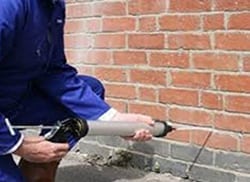 Damp Proofing
Damp Proofing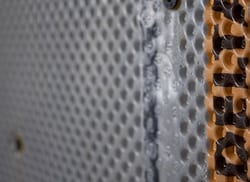 Basement Damp Proofing
Basement Damp Proofing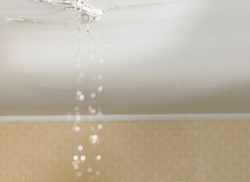 Water Damage
Water Damage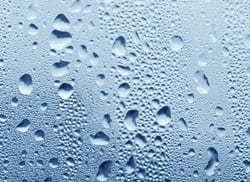 Condensation Control
Condensation Control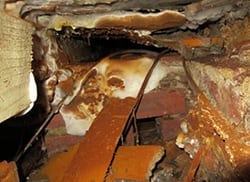 Dry Rot Treatment
Dry Rot Treatment WOODWORM & WET ROT
WOODWORM & WET ROT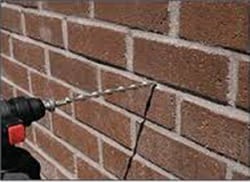 CAVITY Wall Ties
CAVITY Wall Ties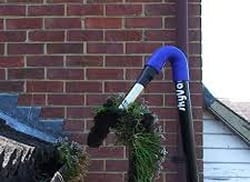 Property Maintenance
Property Maintenance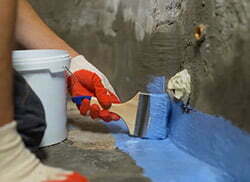 Waterproofing And Tanking
Waterproofing And Tanking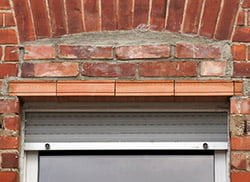 Structural Repairs
Structural Repairs
